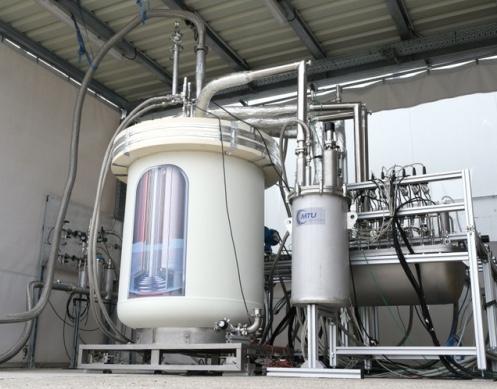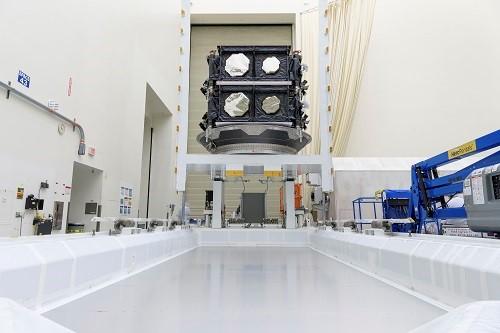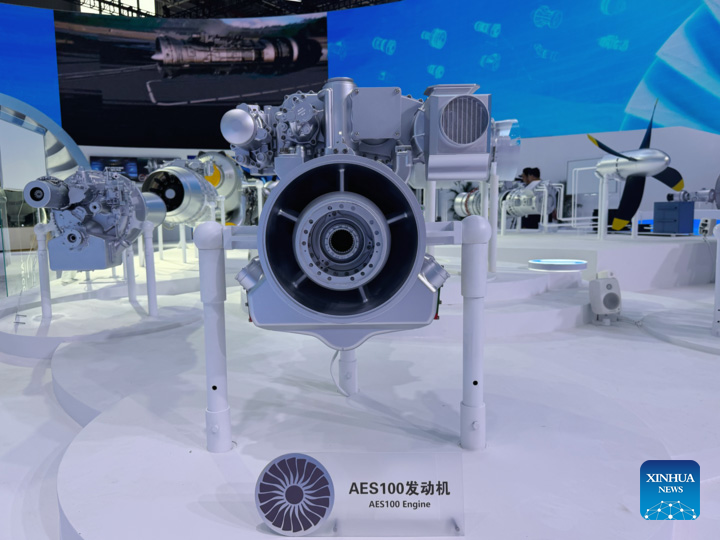MTU Aero Engines has successfully concluded multi-week testing of a liquid hydrogen (LH2) fuel system designed for its Flying Fuel Cell (FFC) project. The tests demonstrated that the system architecture is safe, reliable, and functions as intended, ensuring the regulated supply of preconditioned hydrogen to the fuel cell. According to Barnaby Law, FFC Chief Engineer at MTU, this milestone brings the company closer to realising a hydrogen-powered future for commercial aviation.
Working alongside MT Aerospace AG, MTU is developing a complete liquid hydrogen fuel system that includes tanks, sensors, heat exchangers, valves, and other safety mechanisms. MT Aerospace took the lead by testing the liquid hydrogen tank at its facility in Augsburg, and now MTU has followed suit with its own successful system tests. A full-system FFC test is scheduled for 2026, with the liquid hydrogen system playing a crucial role.
The Flying Fuel Cell concept, initially intended for short-haul regional flights, aims to reduce the climate impact of air travel by up to 95%, producing only water vapor emissions. MTU and its partners envision a future where the FFC could be adapted for medium-haul flights as early as 2050, contributing to the aviation industry’s decarbonization efforts.
In collaboration with the German Aerospace Center (DLR), MTU is preparing to fly a Do228 aircraft as a technology demonstrator. The plan is to replace one of the gas-turbine engines with a 600 kW hydrogen-powered electric powertrain. The flying laboratory is expected to take its first flight by mid-decade, following extensive ground trials.
SOURCE: https://aeroreport.de/




